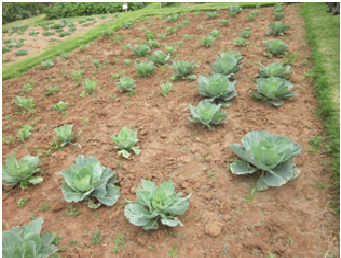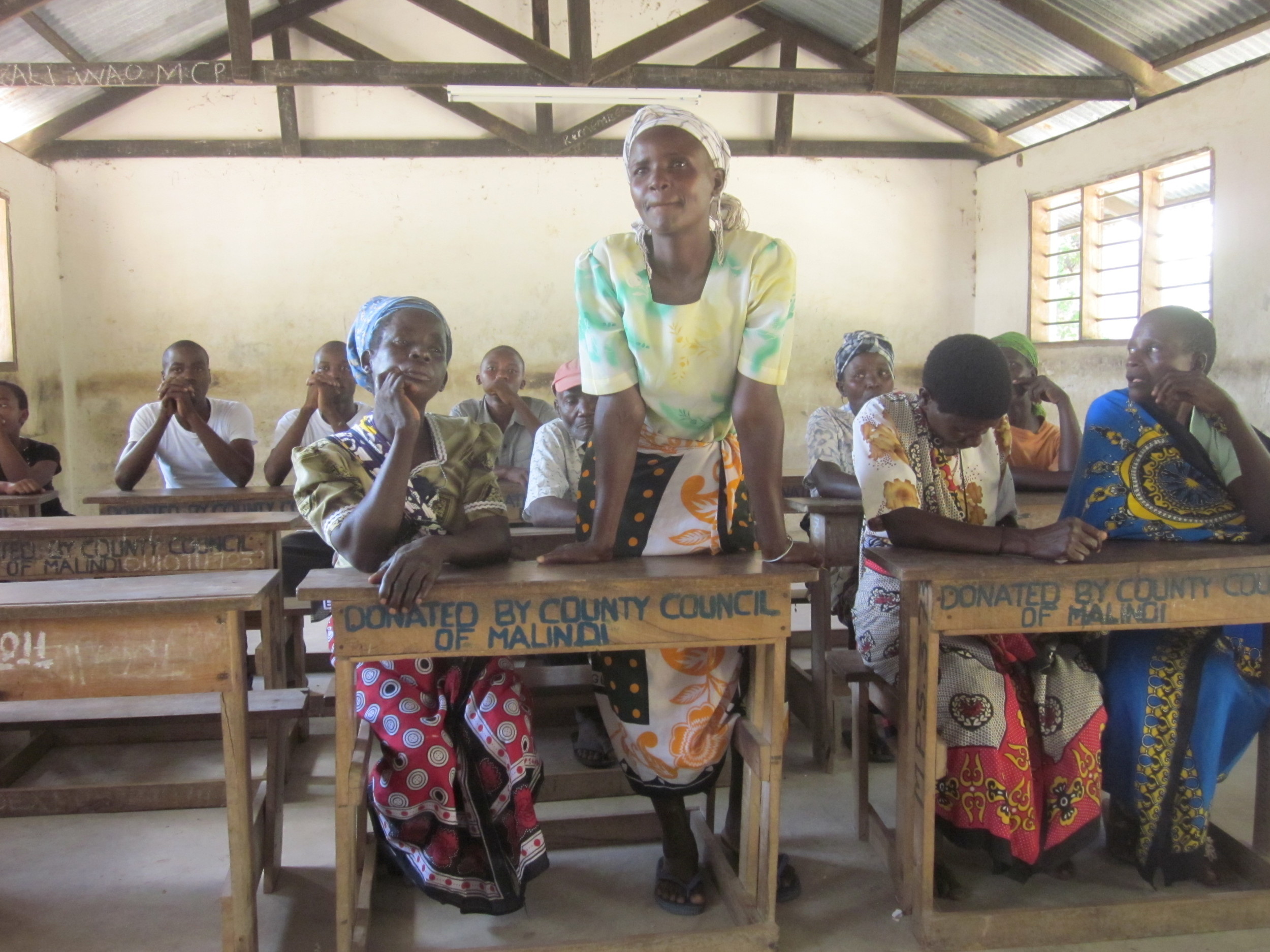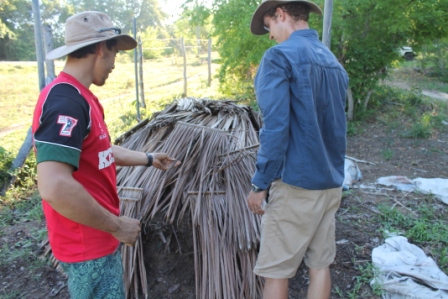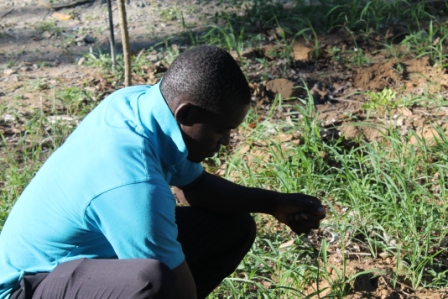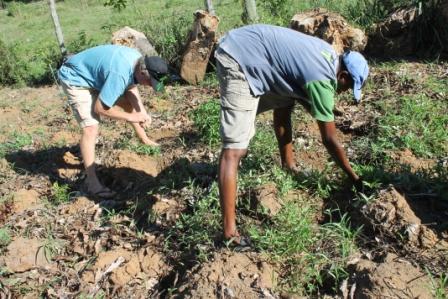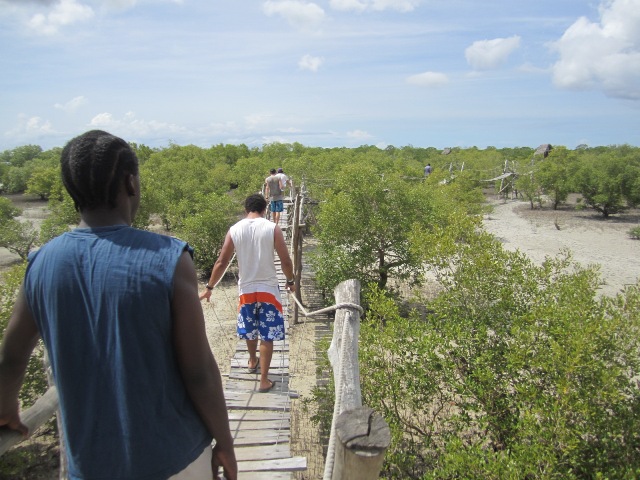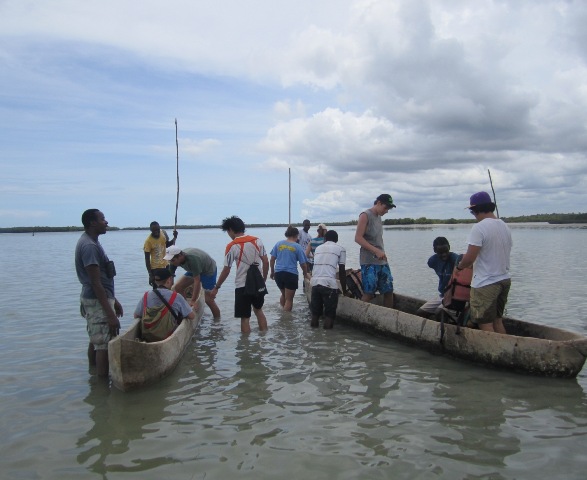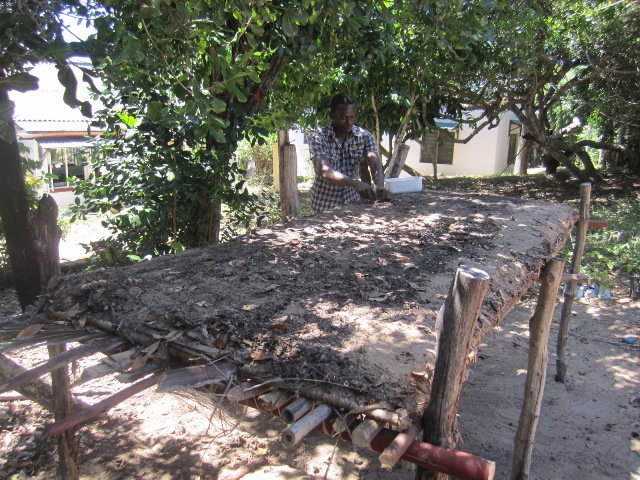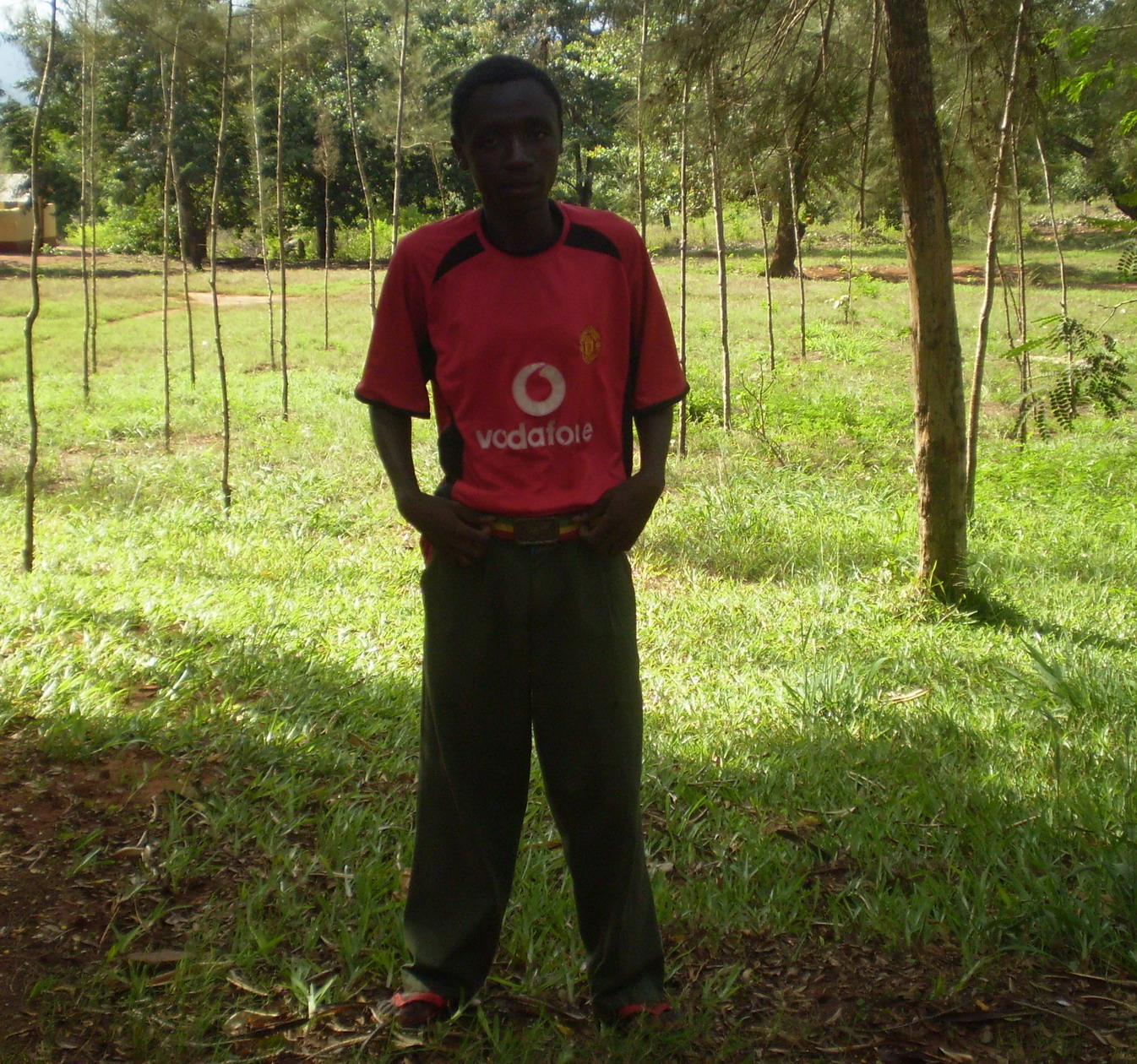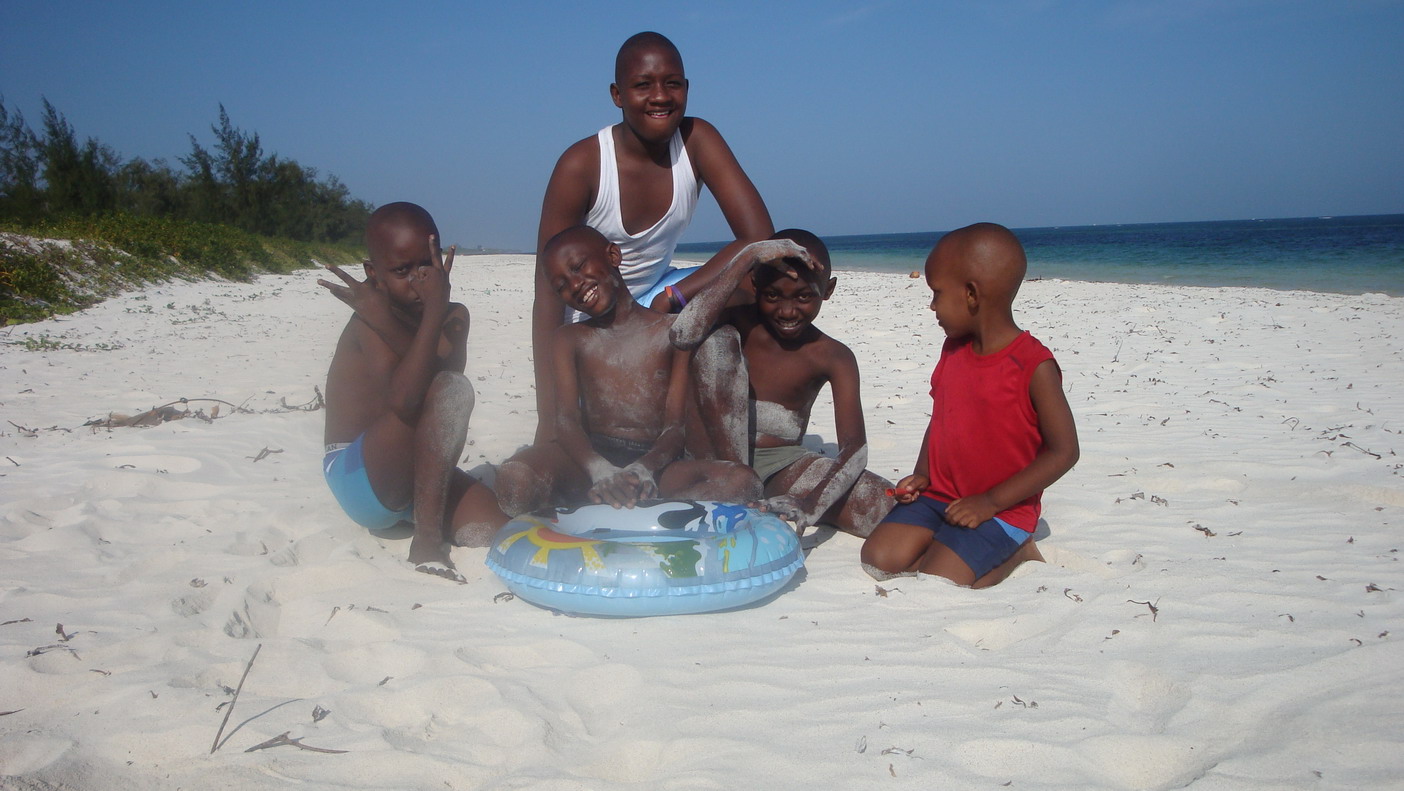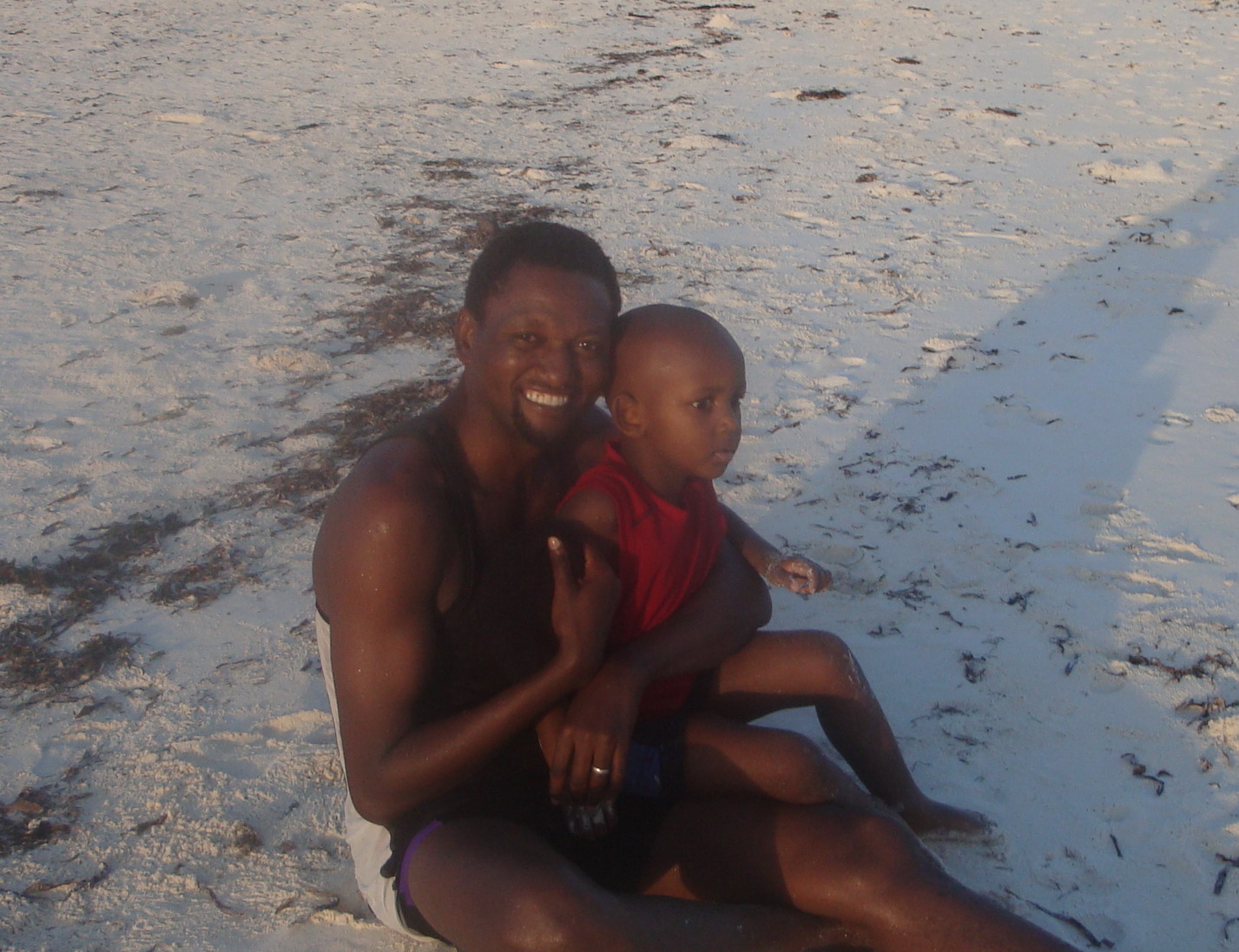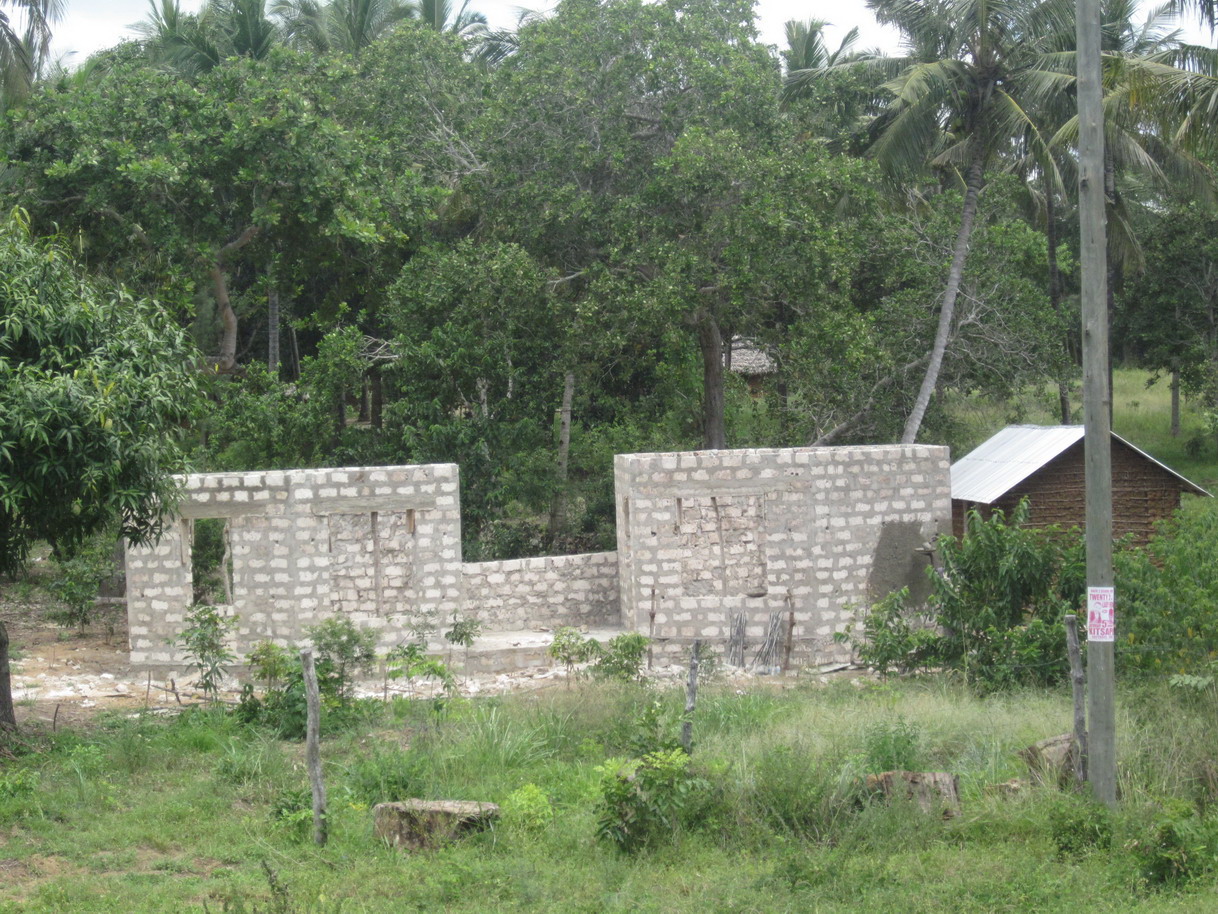We were delighted to have David Nyundo Charo come down to the A Rocha Centre in Watamu, to come and tell the ASSETS team that he had just graduated from Secondary School, with impressive marks. He was pleased to have a quick interview about his background, and how ASSETS has affected his life. David was born and brought up in Mijomboni (a small village near Gede). He’s part of a family of 10 - 3 brothers, and 4 sisters. He’s in the middle - 3rd oldest. Both his parents are farmers, growing maize at a small shamba where they live.
He went to Mijomboni Primary School up until the age of 16, a school he greatly enjoyed being part of, and the place where he first heard about ASSETS. He says he remembers when the ASSETS team came and spoke to his class about it, and how he might have an opportunity of going to secondary school, as he knew his family wouldn’t be able to afford it.
He also explained about a day when people from ASSETS came, and helped his class, and their parents plant Kasarina (indigenous) trees in a tree nursery at Mijomboni Primary. He says they’re still growing well there! The seedlings will be given to the parents, to take home and plants at t heir own shambas.
heir own shambas.
He explained how he had been to the boardwalk at Mida Creek, and learnt more about ASSETS there, and was very keen find out more about the scheme, and become a beneficiary.
David did very well in his assessments at Primary School, and ASSETS started to sponsor him to go to Secondary School. The school he went to was Godoma School, in Bamba. He loved his time there, and said he worked very hard, especially enjoying maths and the sciences! His final grades were impressive, and gave him an aggregate mark of 64 - a ‘B’.
To go to university, the required mark is 61. David is now 20, and hopes to go to study Maths or Chemistry at Kenyatta University - he showed real passion for these subjects. He said he would love to be a teacher of Maths and Chemistry when he is older. He said - ‘I really want to thank ASSETS for pushing me, and helping me through secondary school - giving me the opportunity to study and achieve good enough results for university.’ David is now trying to raise money to go to university.
Robin Harris







